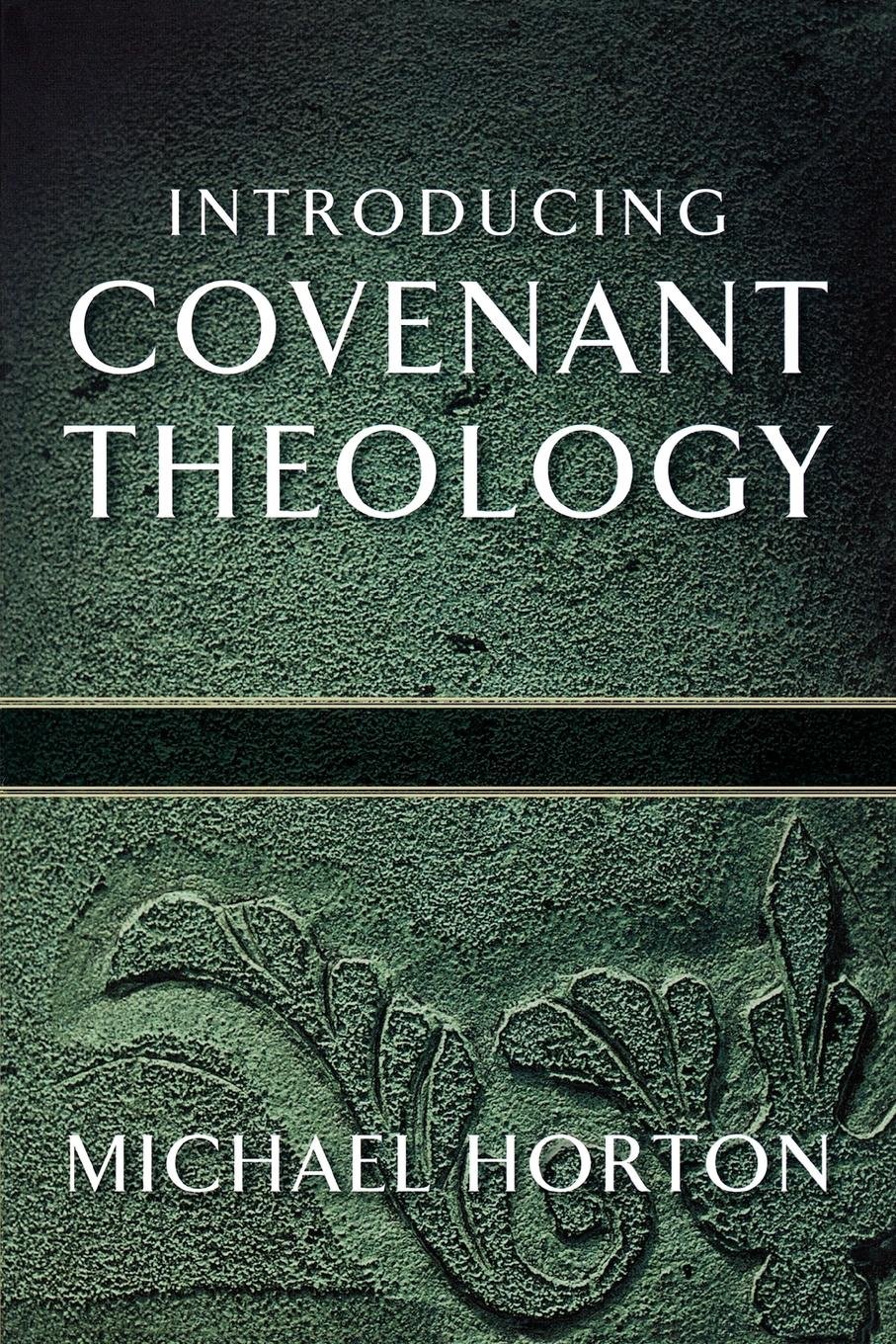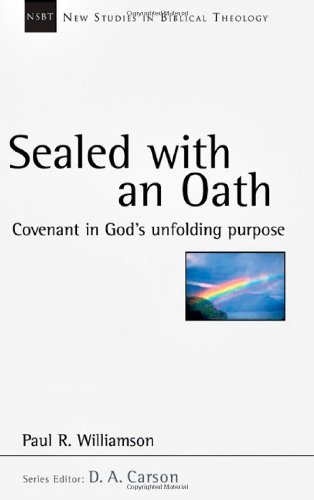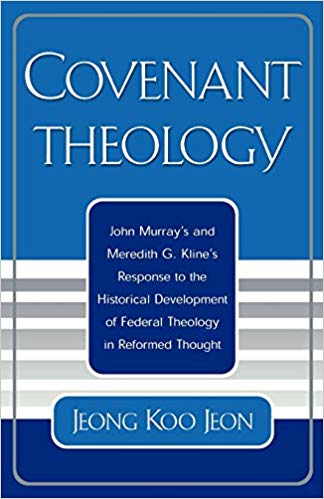In virtue of what the Son of God covenanted to perform, and what in the fulness of time He actually accomplished, agreeably to the stipulations of the compact with the Father, two things follow. First, salvation is offered to all men on the condition of faith in Christ. Our Lord commanded his disciples to go into all the world and preach the gospel to every creature. The gospel, however, is the offer of salvation upon the conditions of the covenant of grace. in this sense, the covenant of grace is formed with all mankind. And, therefore, the Westminster Confession says, ‘Man, by his fall, having made himself incapable of life by that covenant [namely, by the covenant of works], the Lord was pleased to make a second, commonly called the covenant of grace: wherein He freely offereth unto sinners [and all sinners] life and salvation by Jesus Christ, requiring of them faith in Him, that they may be saved, and promising to give unto all those that are ordained unto life, his Holy Spirit, to make them able and willing to believe.’ If this, therefore, were all that is meant by those who make the parties to the covenant of grace, God and mankind in general and all mankind equally, there would be no objection to the doctrine. For it is undoubtedly true that God offers to all and every man eternal life on condition of faith in Jesus Christ. But as it is no less true that the whole scheme of redemption has special reference to those given by the Father to the Son, and of whom our Lord says, ‘All that the Father giveth me shall come to me; and him that cometh to me I will in no wise cast out’ (John 6.37), it follows, secondly, from the nature of the covenant between the Father and the Son, that the covenant of grace has also special reference to the elect. To them God has promised to give his Spirit in order that they may believe; and to them alone all the promises made to believers belong. Those who ignore the distinction between the covenants of redemption and of grace, merging the latter in the former, of course represent the parties to the covenant to be God and Christ as the head and representative of his own people. And therefore mankind, as such, are in no sense parties. All that is important is, that we should adopt such a mode of representation as will comprehend the various facts recognized in the Scriptures. It is one of those facts that salvation is offered to all men on the condition of faith in Christ. And therefore to that extent, or, in a sense which accounts for that fact, the covenant of grace is made with all men. The great sin of those who hear the gospel is that they refuse to accept of that covenant, and therefore place themselves without its pale.
Christ as Mediator of the Covenant
As Christ is a party to the covenant of redemption, so He is constantly represented as the mediator of the covenant of grace; not only in the sense of an internuncius Mesites, but also Egguos (Heb. 7.22), a sponsor, or surety . By fulfilling the conditions on which the promises of the covenant of redemption were suspended, the veracity and justice of God are pledged to secure the salvation of his people; and this secures the fidelity of his people. So that Christ answers both for God and man. His work renders certain the gifts of God’s grace, and the perseverance of his people in faith and obedience. He is therefore, in every sense, our salvation.
The Conditions of the Covenant
The condition of the covenant of grace, so far as adults are concerned, is faith in Christ. That is, in order to partake of the benefits of this covenant we must receive the Lord Jesus Christ as the Son of God in whom and for whose sake its blessings are vouchsafe to the children of men. Until we thus believe we are aliens and strangers from the covenant of promise, without God and without Christ. We must acquiesce in this covenant, renouncing all other methods of salvation, and consenting to be saved on the terms which it proposes, before we are made partakers of its benefits. The word condition, however, is used in two senses. Sometimes it means the meritorious consideration on the ground of which certain benefits are bestowed. In this sense perfect obedience was the condition of the covenant originally made with Adam. Had he retained his integrity he would have merited the promised blessing. For to him that worketh the reward is not of grace but of debt. In the same sense the work of Christ is the condition of the covenant of redemption. It was the meritorious ground, laying a foundation in justice for the fulfilment of the promises made to Him by the Father. But in other cases, by condition we merely mean a sine qua non. A blessing may be promised on condition that it is asked for; or that there is a willingness to receive it. There is no merit in the asking or in the willingness, which is the ground of the gift. It remains a gratuitous favour; but it is, nevertheless, suspended upon the act of asking. It is in this last sense only that faith is the condition of the covenant of grace. There is no merit in believing. It is only the act of receiving a proffered favour. In either case the necessity is equally absolute. Without the work of Christ there would be no salvation; and without faith there is no salvation. He that believeth on the Son hath everlasting life. He that believeth not, shall not see life, but the wrath of God abideth on him.
The Promises of the Covenant
The promises of this covenant are all included in the comprehensive formula, so often occurring in the Scriptures, ‘ I will be your God, and ye shall be my people.’ This involves the complete restoration of our normal relation to God. All ground of alienation, every bar to fellowship is removed. He communicates Himself in his fulness to his people; and-they become his by entire conformity to his will and devotion to his service, and are the special objects of his favour.
God is said to be our God, not only because He is the God whom we acknowledge and profess to worship and obey, as He was the God of the Hebrews in distinction from the Gentiles who did not acknowledge his existence or profess to be his worshipers; but He is our God, –our infinite portion; the source to us of all that God is to those who are the objects of his love. His perfections are revealed to us as the highest knowledge; they are all pledged for our protection, blessedness, and glory. His being our God implies also that He assures us of his love, and admits us to communion with Himself. As his favour is life, and his loving kindness better than life; as the vision of God, the enjoyment of his love and fellowship with Him secure the highest possible exaltation and beatification of his creatures, it is plain that the promise to be our God, in the Scriptural sense of the term, includes all conceivable and all possible good.
When it is said that we are to be his people it means,
- That we are his peculiar possession. His delights are with the children of men. From the various orders of rational creatures He has chosen man to be the special object of his favour, and the special medium through which and by which to manifest his glory. And from the mass of fallen men He has, of his own good pleasure, chosen an innumerable multitude to be his portion, as He condescends to call them; on whom He lavishes the plenitude of his grace, and in whom He reveals his glory to the admiration of all holy intelligences.
- That being thus selected for the special love of God and for the highest manifestation of his glory, they are in all things fitted for this high destiny. They are justified, sanctified, and glorified. They are rendered perfectly conformed to his image, devoted to his service, and obedient to his will.





